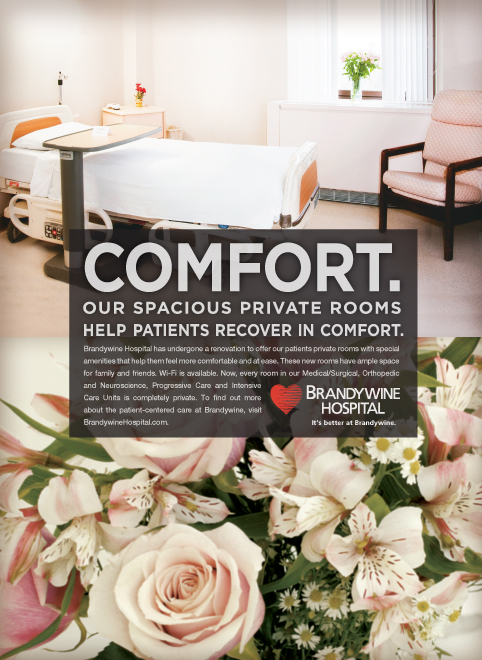A Gender Under Siege By Alzheimer’s Disease
 Dr. Marc Rothman, Board Certified Psychiatrist and Geriatric Psychiatrist
Dr. Marc Rothman, Board Certified Psychiatrist and Geriatric Psychiatrist
Can’t remember where you placed your keys? Having trouble recalling a friend’s name? Have you ever gone to another room and forgotten what you were there to get? Don’t worry – these moments happen to just about every woman with responsibilities. Most of the time, after retracing your path, you remember where you put your keys, your friends name pops into your head and something triggers why you went into the room down the hall. There is a big difference between a temporary loss of recall and the permanent, progressive, life altering disease known as dementia.
Dementia is an illness that usually involves a progress of deterioration. Initial signs include changes in the way a person behaves and communicates. There are increased episodes of confusion as well as memory loss that negatively affects day to day functioning. Noted cognitive symptoms include impaired decision making, difficulty learning new skills and poor problem solving. Emotionally, there can be changes as well to include fear, insecurity, anger and often symptoms mimicking depression. Memory problems alone do not constitute a dementia diagnosis, rather there have to be multiple symptoms to meet criteria.
There are over 100 types of dementia. There are progressive dementias which result in permanent brain deterioration and there are some causes of dementia or dementia like symptoms that can be reversed. The most common type of progressive dementia, Alzheimer’s Disease (AD), will be discussed as well as how it affects women. According to the 2012 Alzheimer’s Disease Facts and Figures produced by the Alzheimer’s Association, 60 to 80% of those with dementia are diagnosed with Alzheimer’s disease; 65% of those with AD are women.
A discussion on women and dementia cannot be had without mentioning the Shriver Report: A Study by Maria Shriver and the Alzheimer’s Association. Alarming statistics were produced by this report including that 10 million women either have Alzheimer’s or are caring for someone with it. The report suggests that because of AD women are, in fact a gender under siege due to the increase in occurrence as well as the fact that women are most likely to become a caregiver to someone with AD. There are women who have children, work and are caring for a parent(s) with the disease. This can add up to a very difficult scenario for what is called the sandwich generation. The Shriver report talks about how much we need to focus on the sixth largest killer of American women and how we need to bring attention to how the numbers are increasing to an epidemic proportion.
So why are there more occurrences of the disease in women? The main risk factor for developing AD is advancing age. In the 2012 Alzheimer’s Disease Facts and Figures the difference in lifetime risks between women and men are largely due to women’s longer life expectancy.
There are ways that women can reduce the risk of Alzheimer’s Disease. This includes maintaining a healthy blood pressure, cholesterol level and managing blood sugar levels. One can exercise, follow a Mediterranean diet; partake in moderate alcoholic beverages (ie. one per day) while taking steps to remain active mentally and socially (read, do brain puzzles, join a social group to stay connected). It is also important to avoid head trauma so be sure to wear a seatbelt or bike helmet and make smart choices such as playing tennis in lieu of partaking in a rugby match! In addition there is also a possibility that the cessation of smoking and the intake of antioxidants (C,E) can reduce risks of AD.
In the event that a diagnosis of Alzheimer’s Disease is made, one of the best ways to move through the experience is through education and support. The Alzheimer’s Association (www.alz.org) is the leader in research, education and support. One can find information about new treatments as well as dates and times for support groups that take place nationwide. It is important to know you are not alone in your journey.
Dr. Marc Rothman is medical director of Brandywine Behavioral Health Pavilion at Brandywine Hospital and is a member of the Brandywine Hospital medical staff.


